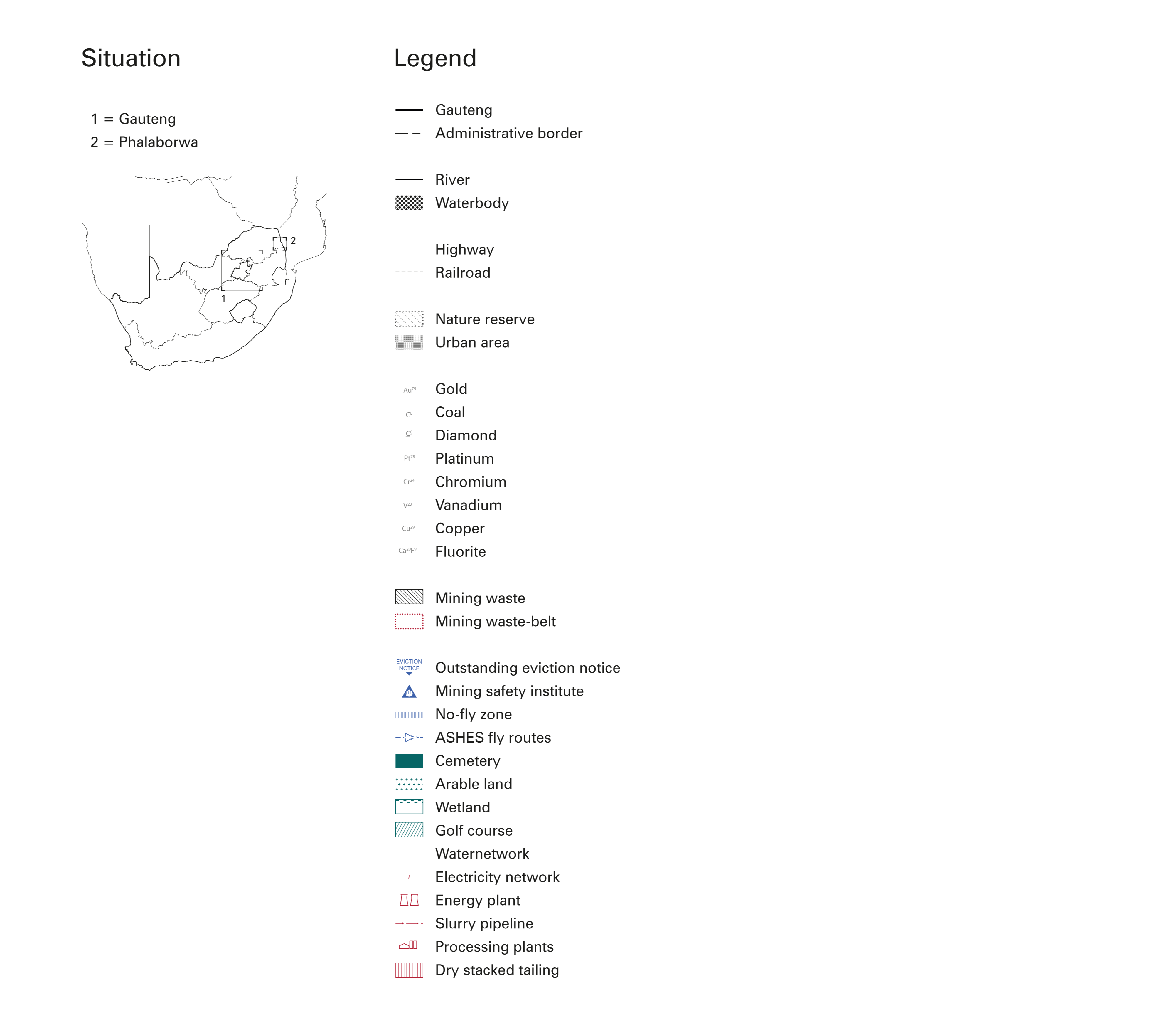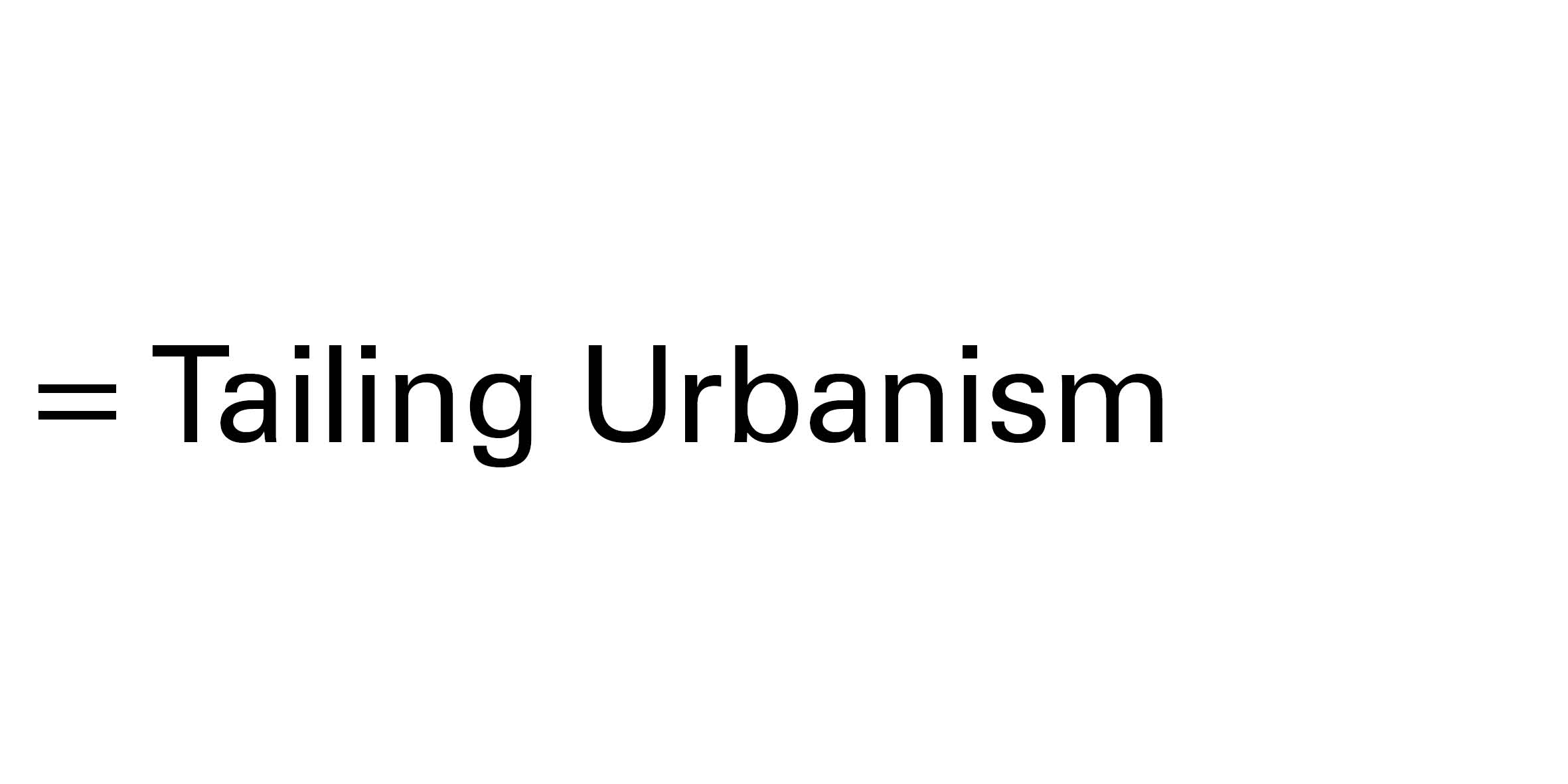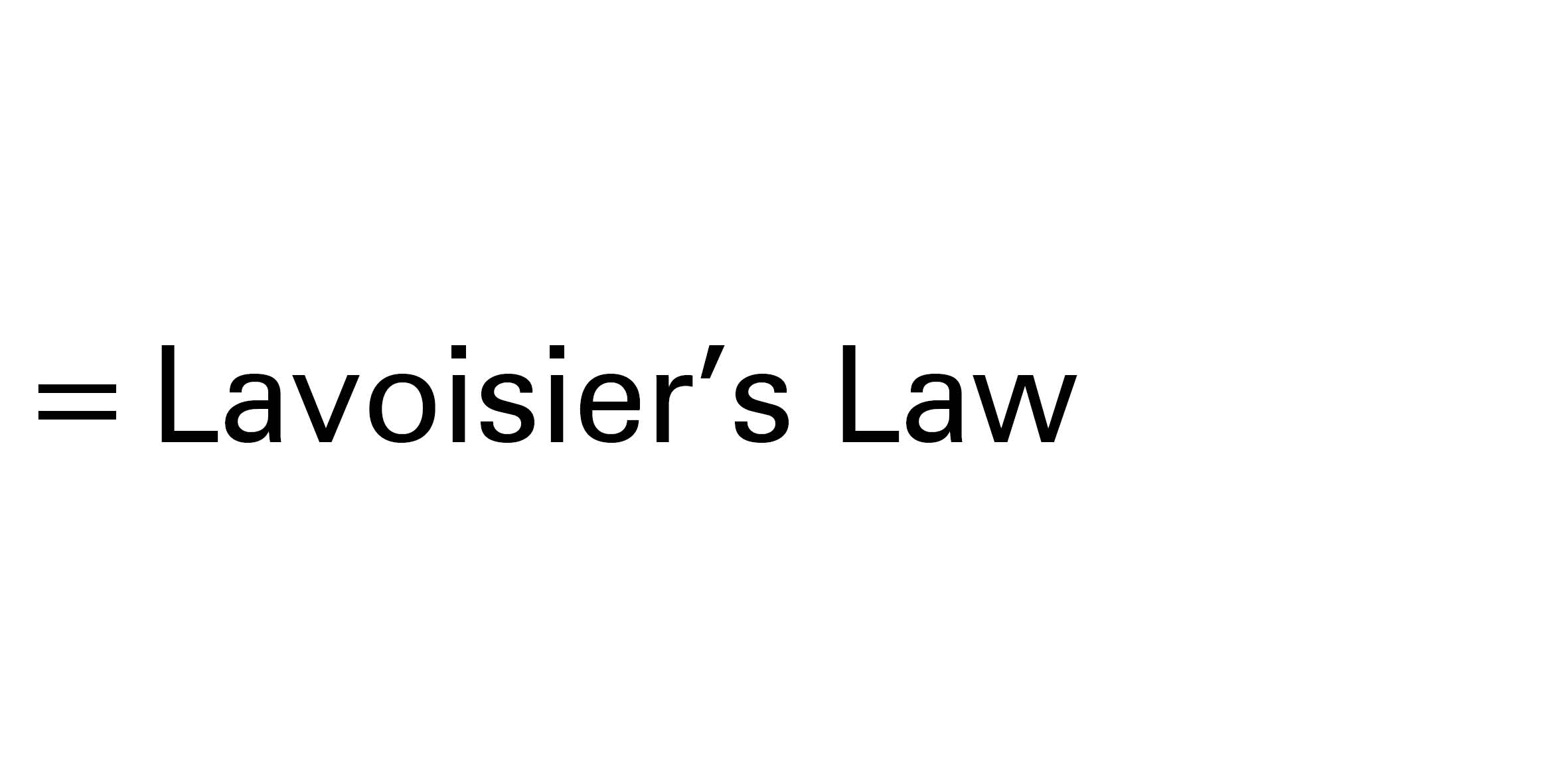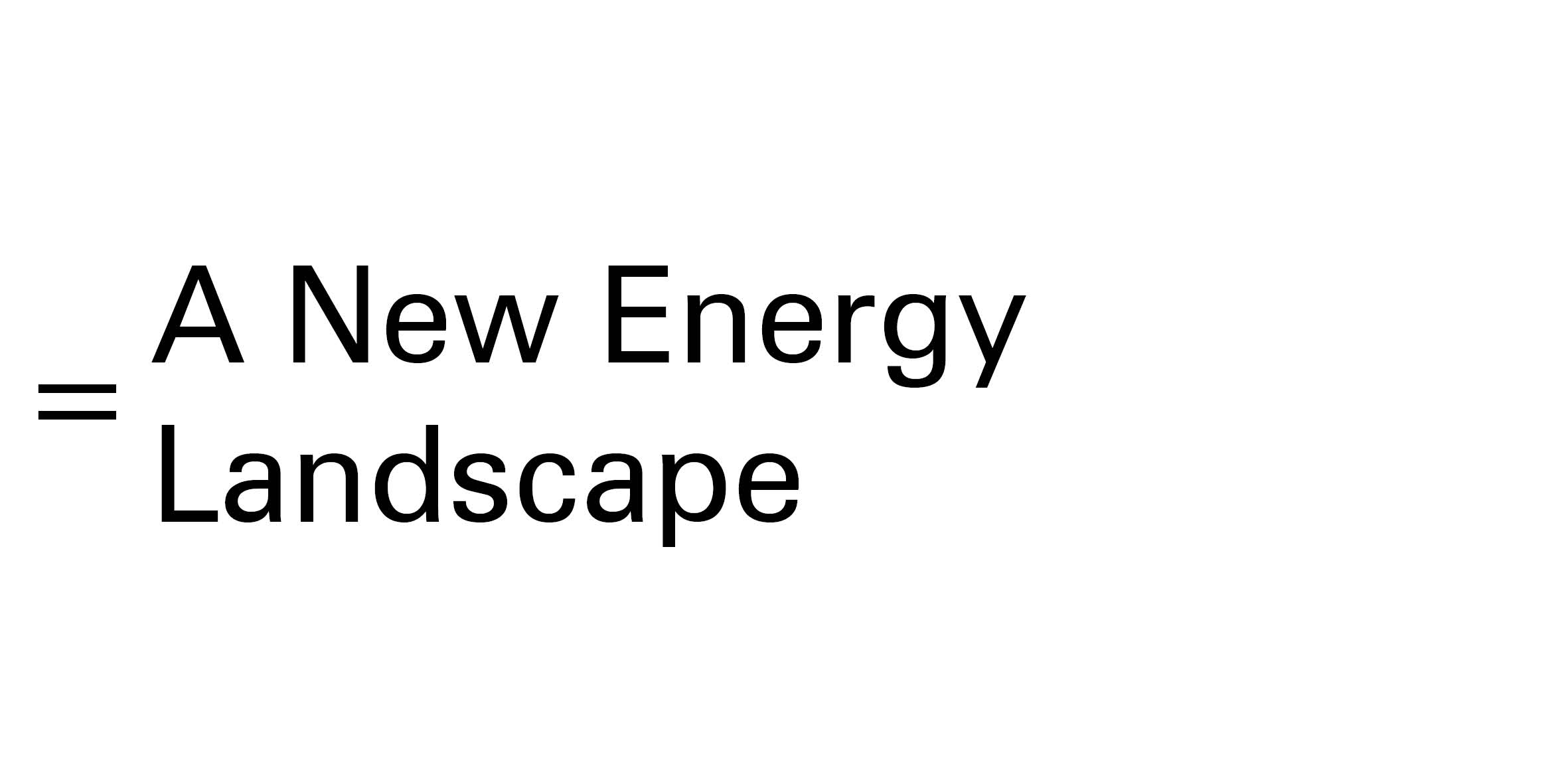![]()
Mining in the Johannesburg region has created a constellation of highly-distinguishable landscape features in this part of South Africa. 136 years have passed since the discovery of gold in the Witwatersrand basin - only twice the average length of a human lifetime but its effects are unmistakable.The deleterious effects of mining operations in this region often have consequences that, if left unattended, will persist into timescales at the length of geologic epochs. The compression of these massive changes engenders the dire urgency to re-examine extraction-based processes.
Acknowledging that under contemporary socio-political and economic regimes, the incentives to mine are still powerful motivators, this set of contributions begins from the premise that mining will continue to happen. But, if mining must continue, then how can it be leveraged for more favorable means? How might the incentives, or procedural guidelines, for mining operations be adapted to minimize or offset its impact to the ground and to biological inhabitation.
This last group of four contributions directly engage different aspects of the mining process - from baked-in extractive logics to material byproducts - to reimagine the productive capacity of transforming the ground. Ranging from opportunistic habitation to chemical transformation, from terraform remodulation to material displacement, these four contributions explore the relative influence of human extractive activity on the geologic timescale.




